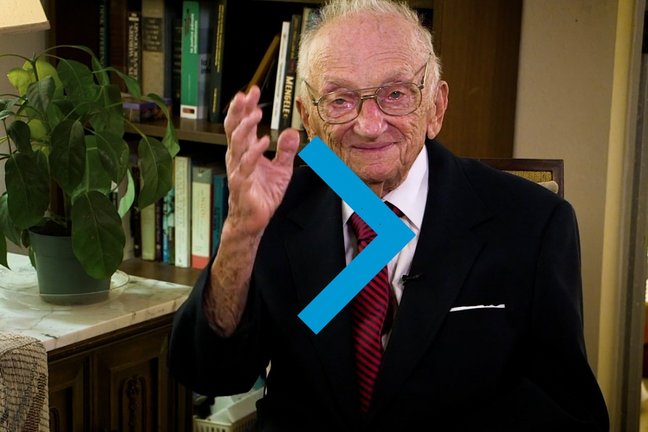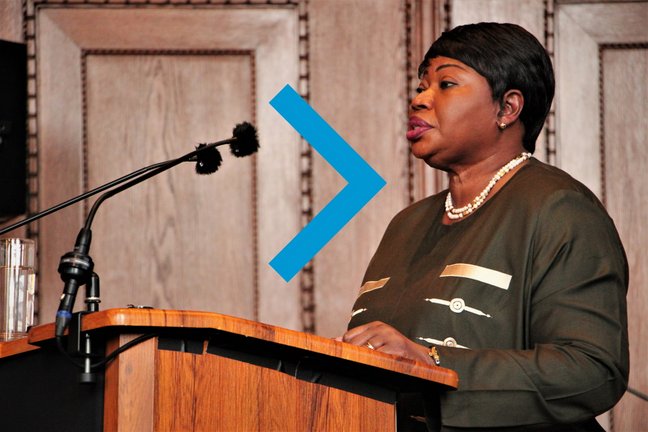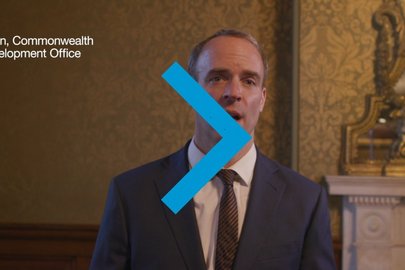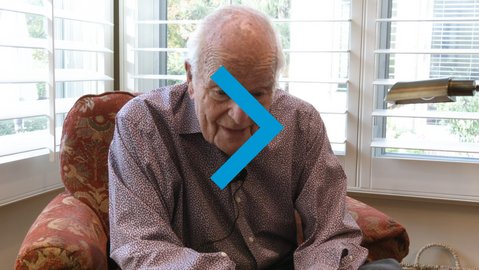What is the legacy of Nuremberg? Many concepts that we take for granted today are associated with the Nuremberg Trials: the development of human rights, respect for the rule of law, or the fairness of trials. Contemporary witnesses, politicians and experts look back to the historic event in 1945 and talk about their personal interpretation of the Nuremberg Trials.
This anniversary allows us to reflect on our history. But it also holds a mirror to the lessons we’ve learned and the progress we’ve made.
Dominic Raab
Secretary of State for Foreign, Commonwealth and Development Affairs
These trials were indispensable because it was essential to publicly document the Nazi crimes and to confront them with the demands of law and justice, whose absolute, methodical and radical negation they represented.
Jean-Yves Le Drian
Minister of Europe and Foreign Affairs
If history’s darkest chapters are erased, their hard won lessons will be lost.
Elizabeth Silkes
Executive Director, International Coalition of Sites of Conscience













I know that this world needs a lot of changes, and the change of heart will have to precede the change of mind to outlaw war and any instrumentality to settle any disputes.